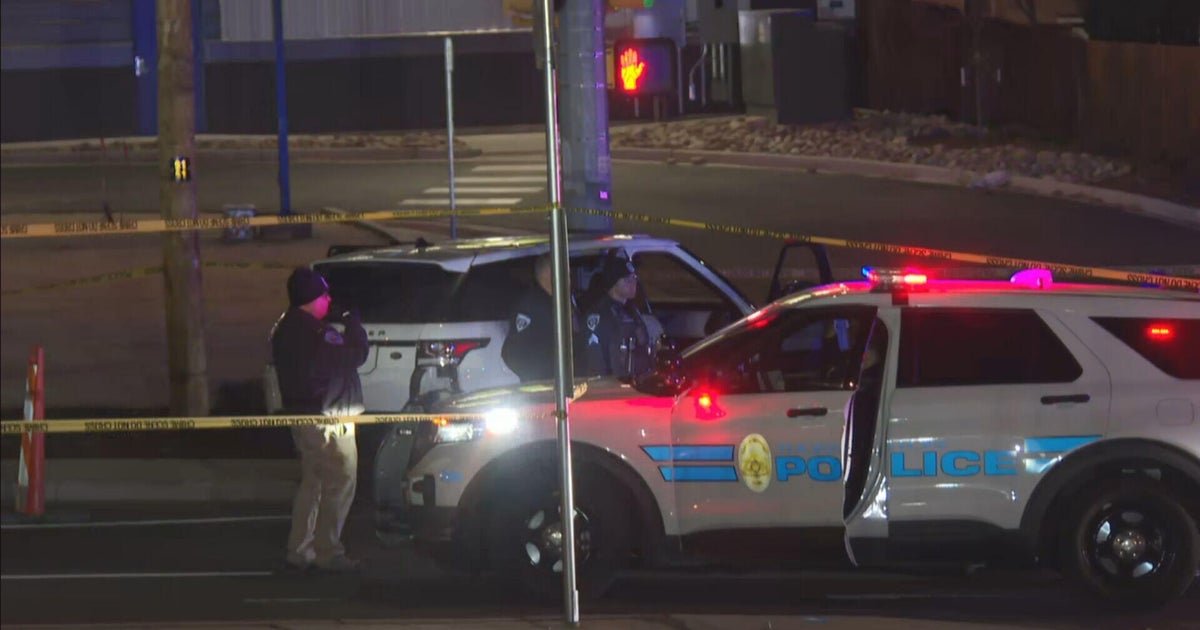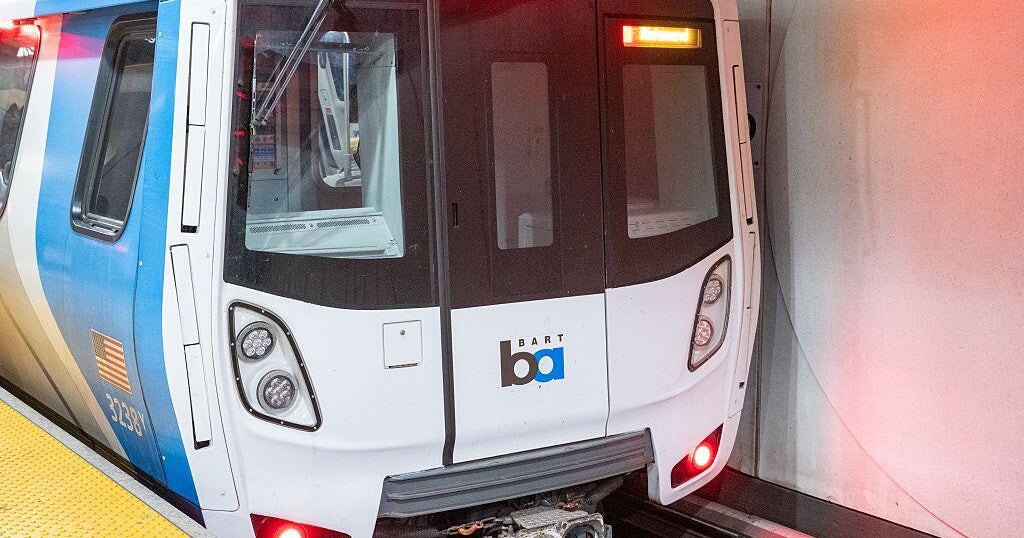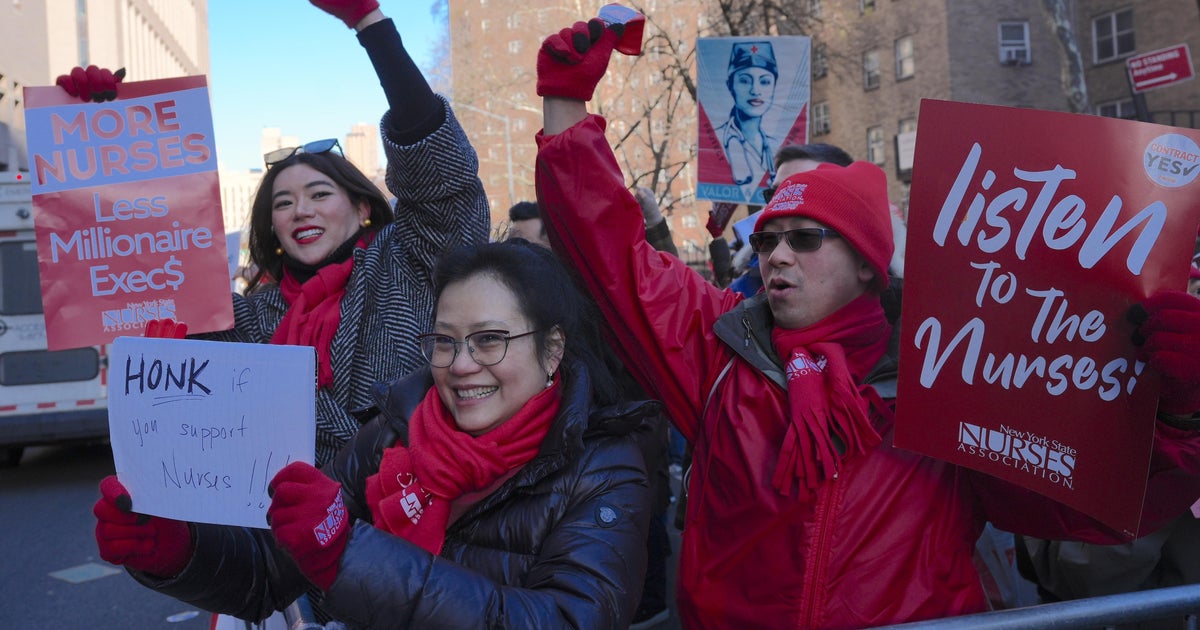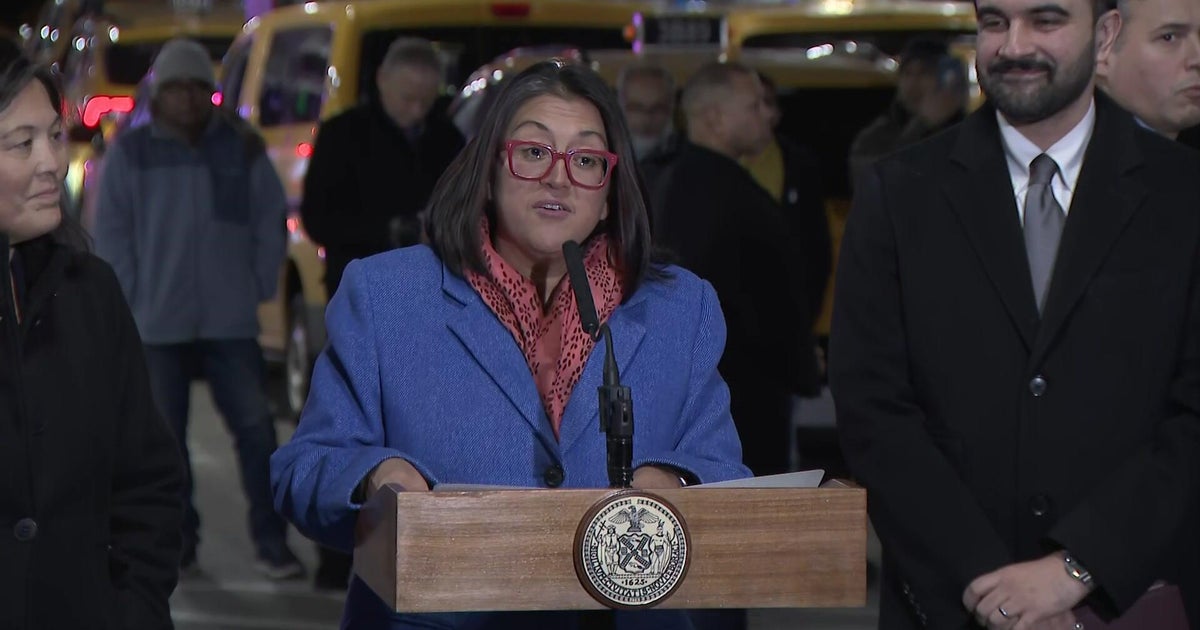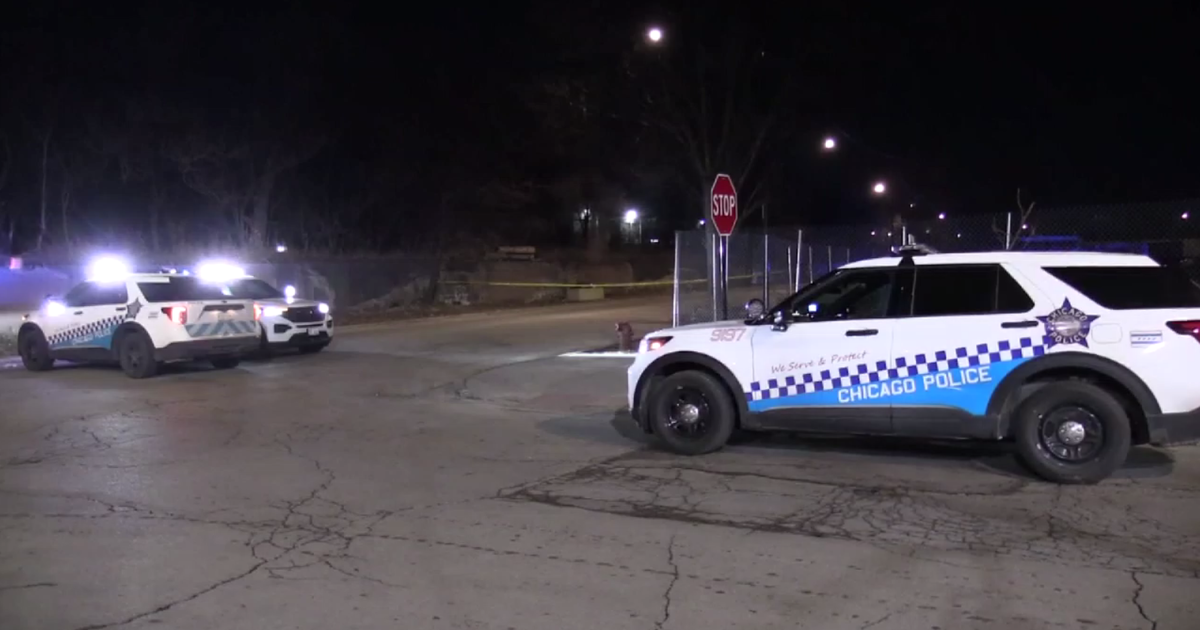NYC congestion pricing off and running, with all eyes on the Monday morning rush
NEW YORK -- New York City congestion pricing, the first-in-the-nation tolling program, got underway Sunday with no major issues, the MTA said.
It started despite delays and legal challenges, including a lawsuit from New Jersey aimed at stopping it.
MTA officials say they expect the toll to lead to 80,000 fewer vehicles entering the congestion relief zone below 60th Street in Manhattan every day.
Sunday's rollout was the first big test ahead of the Monday morning rush. Signage up at 62nd Street and Fifth Avenue shows drivers it's their last turn before the toll, which runs to the southern tip of Manhattan.
Most drivers passing under the gantries will get charged a once-per-day toll of $9 at peak hours, between 5 a.m. and 9 p.m. weekdays and from 9 a.m. to 9 p.m. on weekends.
The toll drops to $2.25 during the overnight hours.
Drivers taking the Holland or Lincoln tunnels get a $3 rebate during peak hours only. Trucks will pay more, with the largest will shell out $21.60 during peak hours.
The MTA is reminding drivers to make sure their E-ZPass account is linked to their license plate otherwise you risk getting charged more. If you don't have an E-ZPass, the toll jumps from $9 to $13.50.
MTA CEO reiterates purpose of congestion pricing
"There's a huge discount in the overnight and it's especially designed to incentivize trucks, who take up so much space and make so much traffic, to make deliveries overnight," MTA Chairman and CEO Janno Lieber said.
The MTA says the tolls are designed to ease the gridlock, get buses moving faster, and change driver behavior.
"It's going to encourage people to go on public transit, myself included," said Christina Cinnamo of Long Island.
"Traffic has just got worse and worse over the last several years, right? So it's not fun driving in the city, but if you have to, you have to. But if you don't, take the subway," added Mike Robinson of the Upper West Side.
"I heard the chairman of the MTA said the point is to try to get people to make use of the subway. I think it's a great idea for real," said Mohammedbasheer Tanimu, who just moved to New York City.
Firefighters union, N.J. lawmaker rip the tolling plan
On Sunday, union reps for city firefighters were the first out of the gate blasting the MTA on the first day of congestion pricing, upset firefighters who transport equipment in their personal cars were not exempted.
"They're taxing New Yorkers to use their streets," said Andrew Ansbro of the Uniformed Firefighters Association. "We have a very unique situation where our members are regularly tasked with using their own personal vehicles to go from firehouse to firehouse during the tour for the betterment of New York City."
New Jersey Congressman Josh Gottheimer, a vocal opponent of the tolling plan, released a statement that says, "New York is barreling ahead with their Congestion Tax scheme without any concrete plan to mitigate the cancer-causing smog the Congestion Tax will force Jersey children and families to breathe in every day. It's insane to me that at a time when hardworking families are struggling with higher costs, the MTA is literally celebrating whacking New Jersey and New York families with a new, regressive Congestion Tax."
Lieber responded to the criticism during his news conference Sunday at Grand Central Terminal.
"If your employer is requiring you to drive instead of take mass transit and requiring you to use the car to move during your job, that's a legitimate question to raise with your employer," Lieber said.
And so it begins for drivers
"I just paid the toll. I don't like it. New Yorkers are paying too much already," one driver said.
Some people coming into the city for work early Sunday morning said they just can't avoid driving, even if they have to pay $2.25 for the off-peak toll. They said it's yet another cost that just adds up.
"I'm going to work. Imagine, gas, toll, sure, very bad," one said in Spanish.
It's not only drivers who come in from outside of the city who will be impacted. It's also neighbors who live just a few blocks away from the congestion relief zone.
"I live on 60th Street, and, originally, we thought the toll was gonna be below 60th Street but it's below 61st. I drop my wife off at the apartment on 60th Street and I gotta pay $9 extra to do that," a resident named Bruce said.
Carmen Bonilla of the Bronx said she took a taxi Sunday morning and managed to avoid the extra fee.
"It affects me a great deal. I mean, I just got off of a taxi on 61st Street so that way I don't have to be charged the congestive pricing or also [the taxi driver], and I told him just to go ahead and turn and go down the other street so he didn't have to be charged," Bonilla said.
She said for some people driving gives them peace of mind, even if it comes at a financial cost.
"They don't want to take the train. They don't want to be on the train with the crowds and the craziness that are happening underground, with some crimes that are going on. People are scared, so they'd rather just drive in," Bonilla said.
Many drivers now have to adjust to the new fee.

